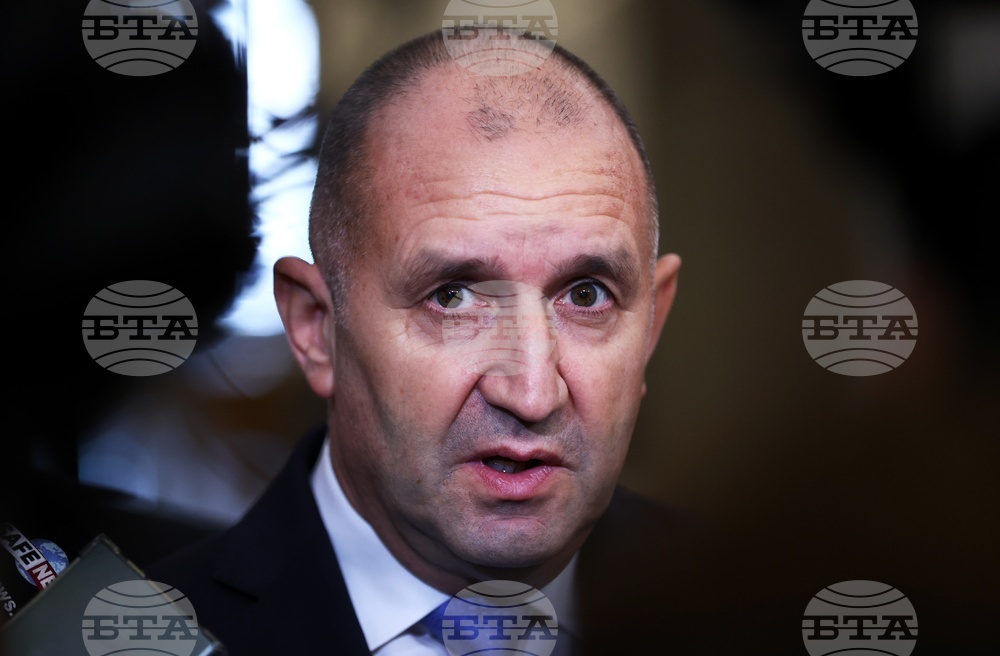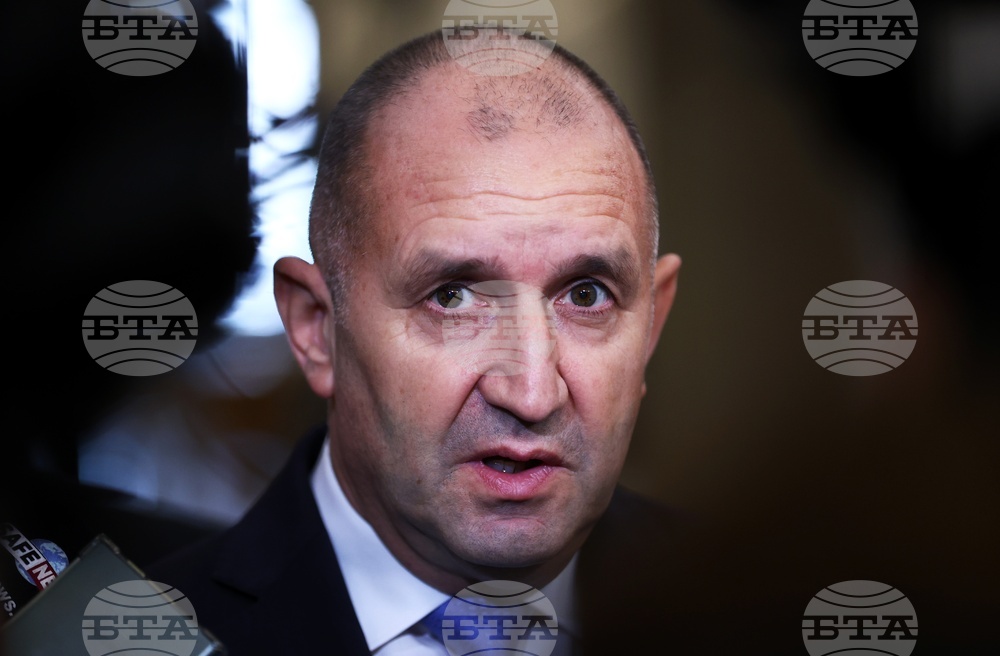site.btaPresident Radev in Munich: There Finally Is Political Will to Find Peaceful Solution to Conflict in Ukraine, Shown by Trump and Putin


There finally is political will to find a peaceful solution to the conflict in Ukraine, demonstrated by Presidents Donald Trump of US and Vladimir Putin of Russia, Bulgarian President Rumen Radev told journalists here on Friday, as quoted by his press secretarit. That is why dialogue is extremely important and the means of diplomacy should be mobilised, Radev added. He was speaking ahead of his participation in the Munich Security Conference.
The head of State stressed that the development of the situation in Ukraine puts a number of politicians in a daze, including Bulgarian ones, who are currently in a listening mode "because they blindly believed in the military solution, in the victory over Russia and its push beyond the borders from 2014".
The President added that the same politicians had encouraged Ukraine, instead of building solid defensive lines to preserve its potential, to rush into a suicidal counter-offensive without having the conditions for a successful offensive operation. This turned into a fiasco with disastrous consequences for Ukraine in terms of human, economic and territorial losses. "That is why Europe is most likely out of place for the time being in the dialogue that has begun between the United States and Russia, and indeed for the future of Europe," Radev said.
In Radev's words, there finally is political will at the highest level to resolve the conflict through diplomacy, and this process should be supported. "But we have to be aware that the conversation between Presidents Trump and Putin opens a new era of interaction between global powers that shifts the institutional structures of the international agenda. That the settlement of the war in Ukraine most likely opens the door to something much bigger - the creation of a new world order," the head of State further said.
Radev underscored that for Europeans it is not at all irrelevant what this new world order will be, whether it will be based on the principles of international law and the UN Charter, or whether it will be based on power and spheres of influence. That is why Europe must come out of the utopia as soon as possible and find its rightful place in the new geopolitical reality, Radev argued.
"Today [Friday] we expect the US peace plan for Ukraine to be presented, but even if this does not happen, some outlines of the US starting points for the negotiations are already becoming clear," Radev said, adding that according to this plan, Ukraine cannot join NATO, US troops will not participate in peacekeeping operations on the territory of Ukraine, and Europe should invest more in its security.
Radev singled out Europe's priority task as finding its place at the negotiating table, because these negotiations are being conducted in the name of peace in Europe, and without Europe itself a just and sustainable solution cannot be found.
Responding to a question, Radev recalled that a few months after the war began, an experienced diplomat like Henry Kissinger proposed his own plan for a peaceful solution: ceding territories in exchange for a sovereign, democratic and free Ukraine in the rest. "You know what happened to Kissinger, how he was criticized, how he was ostracized. You know what happened to every politician who tried to put forward a position of reason, who put forward realistic opinions, what was happening and how it would end - he was blamed of being you know what," Radev said.
Radev asked the politicians, including the Bulgarian ones, who "have collectively insisted and led to the present situation," whether it was necessary for three years to pass, to have hundreds of thousands of dead, to have a devastated country in terms of economy, infrastructure and demography, in order to return to Kissinger's plan, which is now unfolding. "Let everyone, including Bulgarian politicians, think about what should be the real behaviour of a politician in such a situation - whether to submit to the utopia with all its catastrophic consequences, or to fight for what is actually possible," the head of State stressed.
Bulgarian Foreign Minister Georg Georgiev also attended the Munich Security Conference. He met his Romanian counterpart Emil Hurezeanu, with whom they discussed common projects with Romania in the field of cross-border cooperation.
/NZ/
news.modal.header
news.modal.text